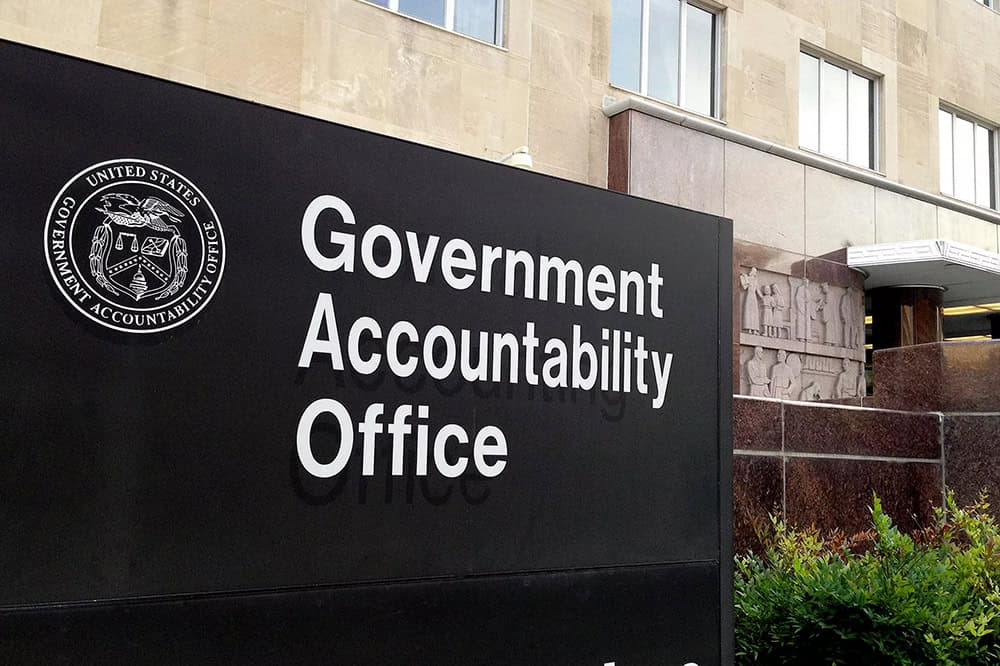Peterson Foundation on New Tax Reform Framework

NEW YORK — Michael A. Peterson, President and CEO of the Peter G. Peterson Foundation, commented today on the published release of a tax reform framework from leaders in Congress and the administration:
“A fundamental question is how tax reform will affect our nation’s unsustainable fiscal outlook, and that question remains unanswered. With the national debt above $20 trillion, no reasonable person can conclude that we should add to that amount.
“Congress and the administration are right to pursue tax reform urgently, because our system is complex, unfair, and anti-competitive. But in order to be truly pro-growth, tax reform must be fiscally responsible. Tax reform that’s unpaid for would actually be anti-growth, because more debt hurts our economy.
“Relying on unreliable projections of economic growth may make reform appear responsible, but it’s avoiding the tough decisions. We all want higher economic growth, but the truth is that growth is hard to predict, let alone control with legislation. Banking on rosy projections of hypothetically higher growth is setting voters, and the economy, up for disappointment.
“Lawmakers should pursue comprehensive tax reform that uses realistic assumptions and improves our fiscal outlook. This framework doesn’t tell us how or whether tax reform will be paid for. Going forward, our leaders should provide more details on the fundamental question of fiscal responsibility.
“Smart tax reform can boost the economy and improve our fiscal outlook at the same time. But only if it’s done right.”
Earlier this month, the Peterson Foundation released a set of key principles for tax reform.
In addition, the Tax Policy Center (TPC) released an analysis illuminating the tradeoffs and opportunities faced by policymakers as they explore tax reform. TPC’s analysis, which was supported by the Peter G. Peterson Foundation, makes clear that there are many good options available to lawmakers to achieve fiscally responsible, fair tax reform.
Further Reading
National Debt Could More than Double the Size of the Economy
GAO’s findings add to a chorus of nonpartisan evidence and analysis showing that action is needed to improve our fiscal outlook.
How Do Quantitative Easing and Tightening Affect the Federal Budget?
The Federal Reserve plays an important role in stabilizing the country’s economy.
Here’s How No Tax on Overtime Would Affect Federal Revenues and Tax Fairness
Excluding overtime pay from federal taxes would meaningfully worsen the fiscal outlook, while most of the tax benefits would go to the top 20% of taxpayers.


